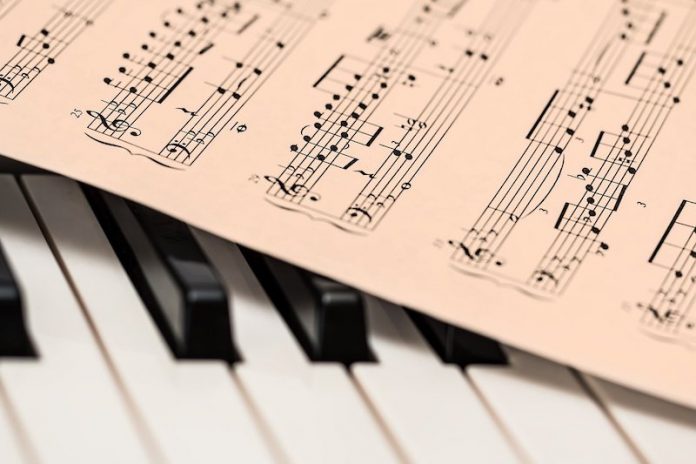
In a new study, researchers found that listening to his piano music can reduce the frequency of epilepsy attacks.
They did a comprehensive review of the effect of Mozart’s music on epilepsy.
The original studies on the Mozart Effect used the sonata for 2 pianos, K448, and this has remained the music most used in studies. The K545 piano sonata has also been shown to have an effect.
The research was conducted by a team at the University of Pisa in Italy.
The idea that listening to Mozart may have beneficial effects on mental health arose from early findings in the 1990s.
There have been several studies since, but many involved small numbers of people, or have been of variable quality, leading to mixed evidence overall.
This has meant that the ‘Mozart Effect’ has been treated with some skepticism by many clinicians.
In the study, the team looked at 147 published research articles, which they then evaluated according to such things are relevance and quality of the research.
This allowed them to select 12 pieces of research which they gathered into 9 separate groups, representing the best available science on the effect of Mozart’s music on epilepsy.
They found that listening to Mozart, especially on a daily basis, led to a big reduction in epileptic seizures, and also to a reduced frequency of abnormal brain activities in epileptic patients.
A period of listening to Mozart can give an average reduction in epileptic seizures ranging from between 31% to 66%, but this varies from person to person and according to the music stimulus used.
These effects occurred after a single listening session and were maintained after a prolonged period of treatment.
The team says this isn’t the first such review of the effect of Mozart’s music on epilepsy, but there has been a flow of new research in the last few years, so it was time to stand back and look at the overall picture.
Epilepsy is surprisingly common, affecting just under 1 person in a hundred worldwide. This means that it has significant social and personal costs.
Mostly it’s treated by drugs, but these drugs don’t work in around 30% of patients, so doctors need to be open to other therapies.
This study shows that music can be an effective method to control the disease.
One author of the study is Dr. Gianluca Sesso.
The study was presented at the ECNP Congress.
Copyright © 2020 Knowridge Science Report. All rights reserved.



